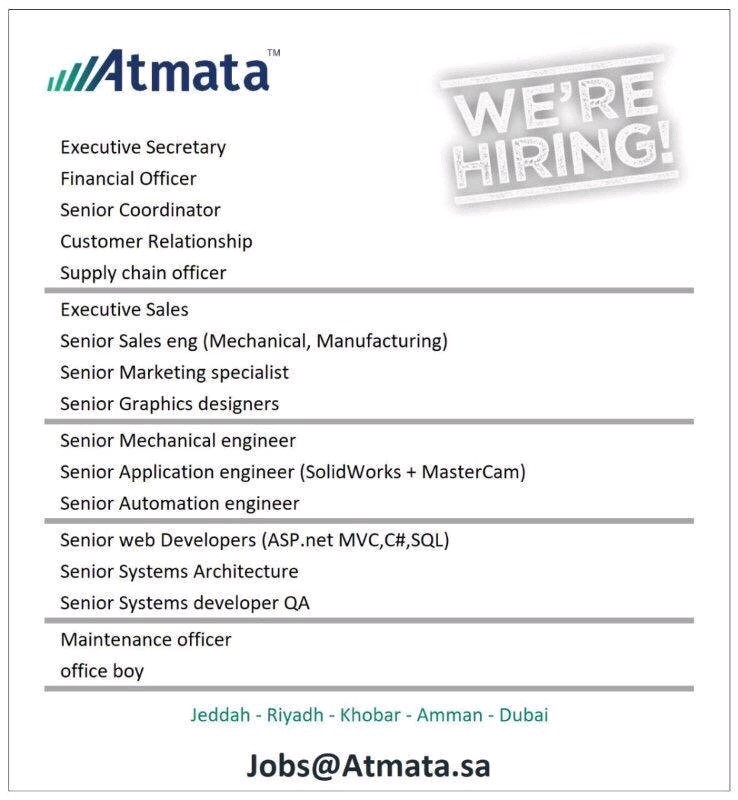9 steps to get a job abroad!
The recruitment process normally contains 9 steps. In particular situations the process can differ as each client has their own methods and procedures. Below you will find the general steps which should be taken:
Step 1: Apply / Submit CV
The candidate is interested in working abroad and applies for a certain position by submitting their CV.
Step 2: Initial screening interview by telephone
A Globaljobbing consultant will contact you by telephone for an initial screening interview. During this conversation we aim to learn more about your experiences, requirements, ambitions and goals whilst working abroad. We also discuss our vacancies and career opportunities with you. If a match is found and both parties are interested, we arrange an intake interview.
Step 3: Intake interview
The intake interview has 2 objectives:
1: During this interview we want to learn who you are, what you can, what you would like to do and what your ideal company culture would be. The consultant will find out more about your personality, ambitions, motivation and your talent. A test could be part of the recruitment process.
2: At the same time we discuss the vacancies and career opportunities with the candidate. We give you more details about the jobs, clients, procedures, company cultures, practical issues, relocation, salaries and benefits. After the interview the candidate informs the consultant for which position they would like to apply for.
1: During this interview we want to learn who you are, what you can, what you would like to do and what your ideal company culture would be. The consultant will find out more about your personality, ambitions, motivation and your talent. A test could be part of the recruitment process.
2: At the same time we discuss the vacancies and career opportunities with the candidate. We give you more details about the jobs, clients, procedures, company cultures, practical issues, relocation, salaries and benefits. After the interview the candidate informs the consultant for which position they would like to apply for.
Step 4: Introducing the candidate to the client
If both parties are positive and confident about the application, Globaljobbing will introduce the candidate to the client by sending over your resume and personal notes. We then wait for feedback from the client.
Step 5: Recruitment process with the client
The continuation of the procedure depends on the client. Every company has their own methods ad procedures. But usually the candidate must expect to have at least 1 or 2 telephone interviews and typically complete a language, soft skills and computer literacy test. Occasionally a candidate will be invited to attend a face to face interview in The Netherlands, Belgium or at client’s location abroad. It goes without saying that Globaljobbing will guide and support you during the whole application process.
Step 6: Job offer
If you’re application was successful and the client has chosen to hire you, you will receive a job offer directly from them. Congratulations! A date of commencement will be determined.
Step 7: Preparation
To make a good start in your new country, preparation is very crucial. We guide and support you with your flight ticket, accommodation, banking, insurances, tax and Visa. Assisting you with your relocation is very important for Globaljobbing, we try to make sure that everything works out smoothly. Making a good and fresh start reflects on the rest of your stay abroad.
Step 8: Your first day at work
Most of the candidates arrive in their new country 1-4 days prior the start of their new job. Now you have a couple of days to acclimatise and explore your new city. Then finally your first working day starts! We make sure that you will receive all the details about your first day; location, time, contact person and dress code. First you will start with an induction which takes between 1-2 days. During the induction the company will give you more information about the country, city, surrounding, the company itself, company rules and other practical issues. Then your extensive training will start in which you learn everything about the position: the products, services, systems, customers, communication, administration, procedures, guidelines, structures and your new team! After training is complete you are ready to start your new job!
Step 9: Enjoy
At the beginning everything is new to you. Your job, company, surroundings, people, sports and social life. Lots of social things are happening and you will meet a lot of new people so theres plenty of time to relax and to enjoy.You can learn a lot as well, most of the companies offer great career opportunities such as training courses and projects, which give you the chance to grow within the company.
After the placement
Once the candidate has successfully secured a position, your consultant will contact you regularly to ensure that the job is going well and you’re comfortable and happy. We care and want to know how your role is really going, if you have any reservations or concerns you must let us know, as a successful placement needs to satisfy both parties







